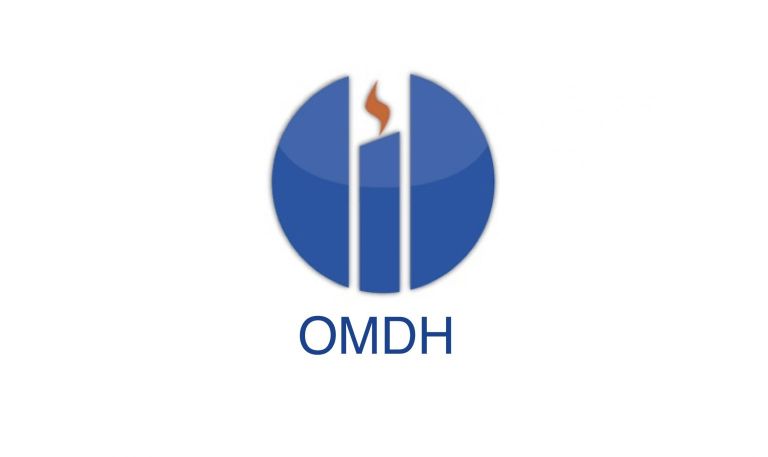Morocco has become a transit and host country for thousands of migrants. Data from the Office of the United Nations High Commissioner for Refugees (UNHCR) show that around 140,000 regular migrants and 18,000 refugees or asylum seekers were living in Morocco by the end of October 2024. According to OMDH, despite the adoption of a national migration policy in 2014, there are still shortcomings, notably in the matter of residence and refugee permits.
Working in partnership with the UNHCR, the Moroccan Organisation for Human Rights (OMDH) established legal assistance centres in Oujda, Nador, Tangiers, Casablanca and will soon set up one in Agadir. According to OMDH data, in 2024, these centres helped 2,571 people seeking asylum in their administrative and legal procedures.
The OMDH calls for the adoption of bills 17.72 on migration management and 17.66 on the right of asylum to strengthen the legal framework. It also stresses the need to coordinate national laws with the international conventions ratified by Morocco, and to legislate against discrimination, racism and discrimination. The need to set up a national body to combat all forms of discrimination is also highlighted.
It calls for equal access for migrants and refugees to basic social and economic rights including health, education, housing and work. It is also recommending a review of the labour code to ensure the rights of foreign workers comply with international standards.
In addition, the OMDH urges Morocco to ratify major international conventions, particularly those dealing with smuggling of migrants, migrants workers rights, freedom of association, and combating violence in the workplace.






